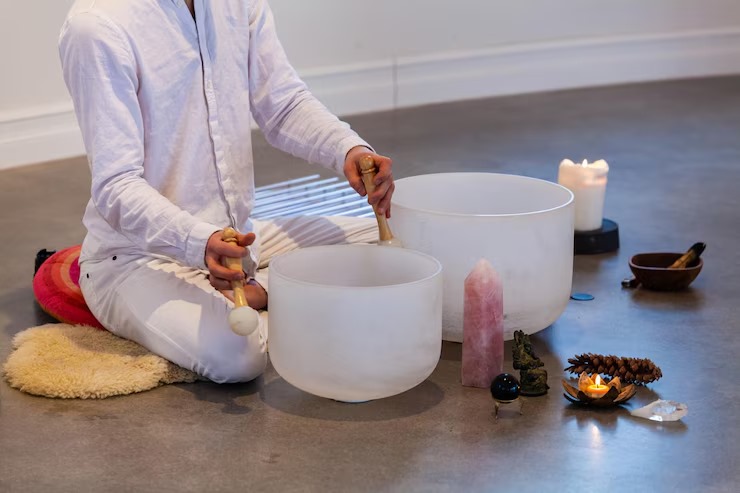Introduction Antarvafna an ancient but potent idea emphasizing the need of inner fights in defining one’s character and emotional fortitude, is becoming increasingly relevant right now. Antarvafna is a profound, sometimes unpleasant journey of addressing one’s internal conflicts so that one emerges wiser, stronger, and more emotionally stable. It is not just self-reflection.
Antarvafna is?
Derived from South Asian philosophical ideas, Antarvafna combines the words “antar” (inner) and “vafna” (inquiry or burning fight). It stands for an introspective struggle: a fight against inner fears, questions, suffering, or uncertainty.
Antarvafna encourages accepting inner suffering as a catalyst for development rather than avoiding it. Though challenging, this path usually results in emotional clarity, fortitude, and self-improvement.
How Antarvafna Helps to Develop Emotional Strength
1. Self-Awareness from Candid Reflection
Antarvafna encourages people to really investigate their feelings. Identifying emotional triggers, harmful patterns, and unaddressed concerns is made easier with this knowledge.
One progressively becomes more emotionally resilient by purposefully interacting with inner suffering. Confronting anxieties weakens their influence and lets you remain composed under stress.
2. Increasing Emotional Intelligence and Self-Control
Antarvafna helps one to better control their emotions. Rather than acting on impulse, people develop the capacity to stop, consider, and consciously answer—a major attribute of emotional fortitude.
3. Converting Suffering Into Motivation
This interior conflict sometimes reveals a purpose or meaning behind suffering. In difficult times, this awareness can drive clarity, emotional stability, and drive.
4. Acceptance and Healing
Genuine healing comes from knowing oneself thoroughly. By letting people embrace their faults, blunders, and unresolved problems without judgment, Antarvafna helps to heal emotionally.
Easy Methods for Beginning Antarvafna
- Every day, write down your thoughts honestly. Consider what produces emotional turmoil.
- Meditative Introspection: Sit still and let buried ideas come up without suppressing or criticizing them.
- Therapeutic Dialogue: Clarifying contradictory feelings can be achieved by speaking with a mentor, therapist, or even yourself.
- Self-Questioning: Pose strong inquiries. What am I actually feeling? Why did I behave like that?
- Embrace your emotional lows as chances to learn and develop rather than as flaws; acceptance practice means to accept them.
Contemporary Uses of Antarvafna
In personal development coaching, Antarvafna is emerging as a psychological tool. Psychologists also see it as a kind of intense cognitive modification, a process that changes our interpretation of our past and future coping mechanisms. From CEOs to kids, individuals are discovering that power resides in emotional honesty and development rather than in flawlessness.
Conclusion It is a life-long discipline of self-confrontation that fosters long-lasting emotional strength and self-awareness. In a society where external accomplishment is sometimes given first priority, Antarvafna brings us back to the point that real strength comes from the internal conflicts battled and won. Through Antarvafna, embracing your emotional difficulties can not only enable your growth but also allow you to flourish.
Q1: Is Antarvafna akin to meditation or mindfulness?
Although connected, Antarvafna goes beyond simple mindfulness. Rather than merely noting thoughts or emotions, it centers on tackling internal emotional conflict.
Q2: Can Antarvafna take the place of therapy?
No. Antarvafna can supplement therapy but should not substitute expert assistance, notably for deep trauma or mental health issues.
Q3: How frequently should I exercise Antarvafna?
There is no established guideline. Starting with 10–15 minutes daily through journaling or introspection can be fruitful. It gradually starts to shape your way of thinking.
Q4: Antarvafna include spirituality?
Not really. Although some find it spiritual, Antarvafna is mostly a psychological and emotional process of inner conflict and self-inquiry.
Q5: Suppose I start having painful memories during Antarvafna.
Part of the process is that. Seek assistance from a mental health expert if feelings become too much. Many times, pain opens the door to recovery.











